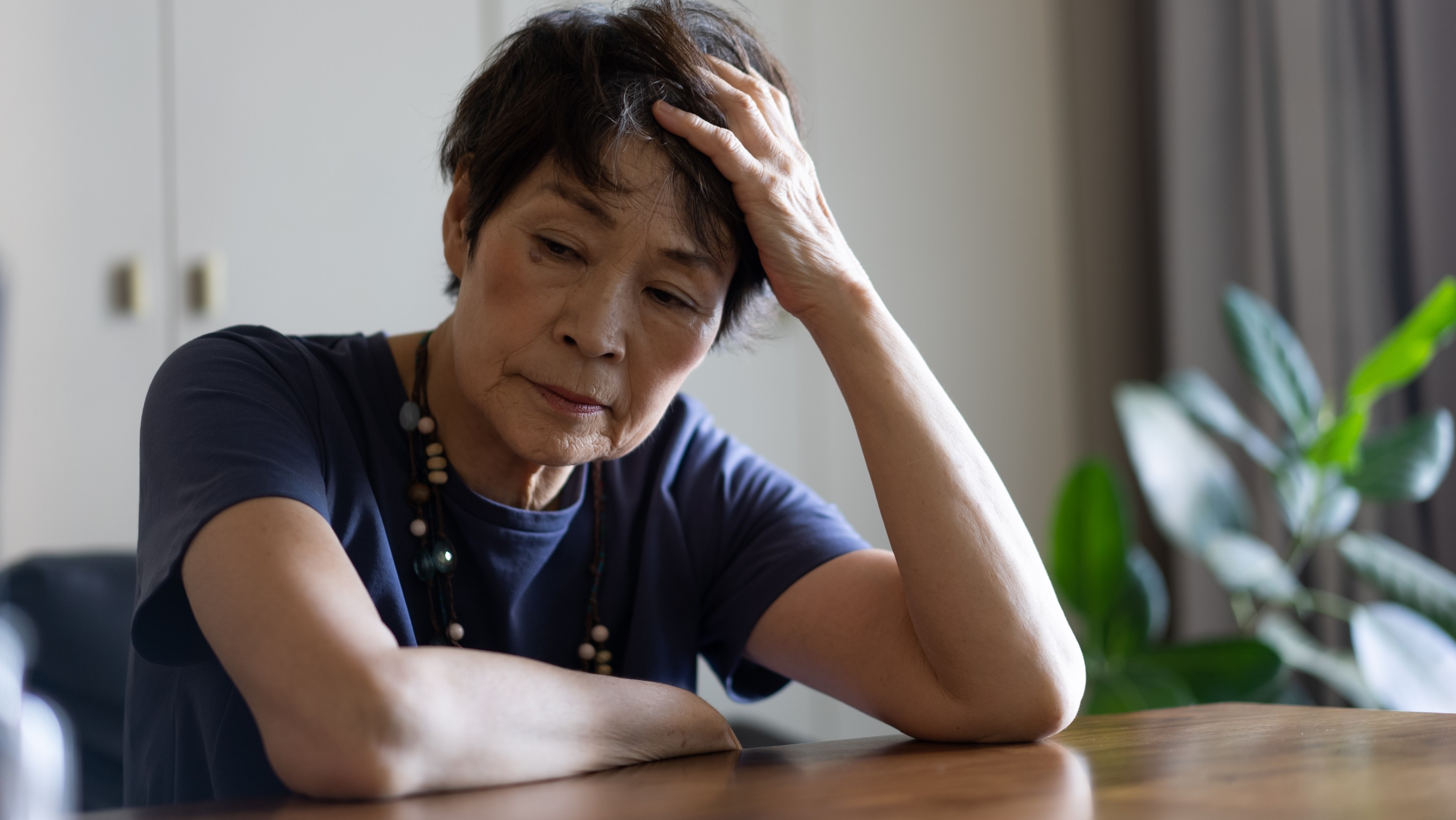Research by Dr. Jan Willem Cohen Tervaert show that sickest long COVID patients face symptoms identical to chronic fatigue syndrome
8 February 2024

By Gillian Rutherford
A University of Alberta research team brings together immunologists, virologists, rheumatologists and metabolomics experts in an effort to discover exactly what is ailing the sickest long COVID patients and find treatments for them.
In recently published research, the team reports that a disproportionate number of people affected — nearly 70 per cent — are female and face debilitating symptoms that are identical to chronic fatigue syndrome, now referred to as myalgic encephalomyelitis/chronic fatigue syndrome or ME/CFS. Blood samples show telltale amino acid deficiencies, suggesting readily available supplements have potential as therapy.
Statistics Canada reports that one in nine Canadians had post-COVID-19 condition or “long COVID” by June 2023, meaning they experienced continuing symptoms three or more months after infection. As many as 60 per cent of patients with symptoms at 12 months experience the most severe, chronic fatigue syndrome symptoms.
“We do not actually believe that long COVID is a separate new disease,” explains rheumatologist and clinical immunologist Jan Willem Cohen Tervaert, professor of medicine, who is an expert in fatigue associated with rheumatic illnesses.
“Some symptoms — such as the loss of taste and chest pain — are very specific for COVID, but we see a common pathway with ME/CFS, which leads to the same fatigue, brain fog, post-exertional malaise, widespread pain and non-refreshing sleep,” he says.
More women than men are likely affected because females have more robust immune systems, explains immunologist Shokrollah Elahi, professor in the School of Dentistry and principal investigator on the study.
“This robust immune response protects women at the acute phase of disease, so we see that mortality is higher in men, but later on it can result in collateral damage in women from a hyper-immune response,” says Elahi.
Also involved in this research was Dr. Mo Osman (Associate Professor, Division of Rheumatology) and Desiree Redmond (Research Assistant, Division of Rheumatology).